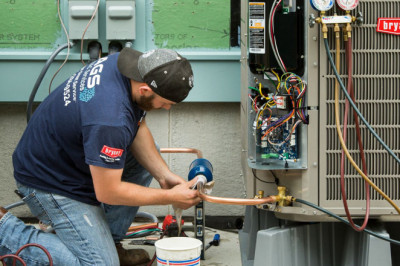views

Connected Car Telematics and UBI (Continued.)
Connected vehicle telematics is disrupting how auto insurance is sold and what policyholders expect in terms of a personalized auto insurance experience. The depth of driver behavior data from connected vehicles is enabling insurers to better understand the exact driving habits that contribute to greater risk of losses and allows them to tailor premiums in ways that were impossible before connected vehicles.
Connected Vehicle Telematics Data
Today’s new vehicles have hundreds of sensors that monitor the vehicle’s systems and log how the driver is operating the vehicle. In additional to traditional driver behavior metrics like speeding and hard braking, connected vehicles also record new metrics that insurers can use for underwriting. These could include following distance, blind spot alerts, number or backing or left turn events, and others. Some new vehicles also look for indicators of driver fatigue and will warn the driver or automatically pull over.
Insurance Disruption
Some vehicle manufacturers are disrupting insurance distribution by offering their own usage based insurance. They are offering attractive premiums based on very detailed mileage and driver behavior data. These policies are often bundled with the vehicle purchase and can be incentivized with extended warranties and other perks. Traditional insurers are responding by accessing connected vehicle data for UBI by partnering directly with vehicle manufacturers or vehicle data aggregators.
Policyholders Want More with Telematics
Policyholders’ expectations are also evolving with connected vehicle technology. Today many policyholders demand that premiums reflect their safe driving. They expect their vehicle to detect accidents and alert first responders. They want the vehicle to assess the damage and report it to their insurer. Then the insurer should notify the repair shop of the damage and schedule the repairs. All of this can be enabled by connected vehicle data.
The next article in this series discusses the use cases where legacy and smartphone telematics are a better option than connected vehicle data. Connected vehicles are not the only, or often the best telematics solution for every use-case. Smartphone telematics is a low cost and easy to deploy solution for personal and commercial auto insurers. To learn more about smartphone telematics click here: https://xemplarinsights.com/












